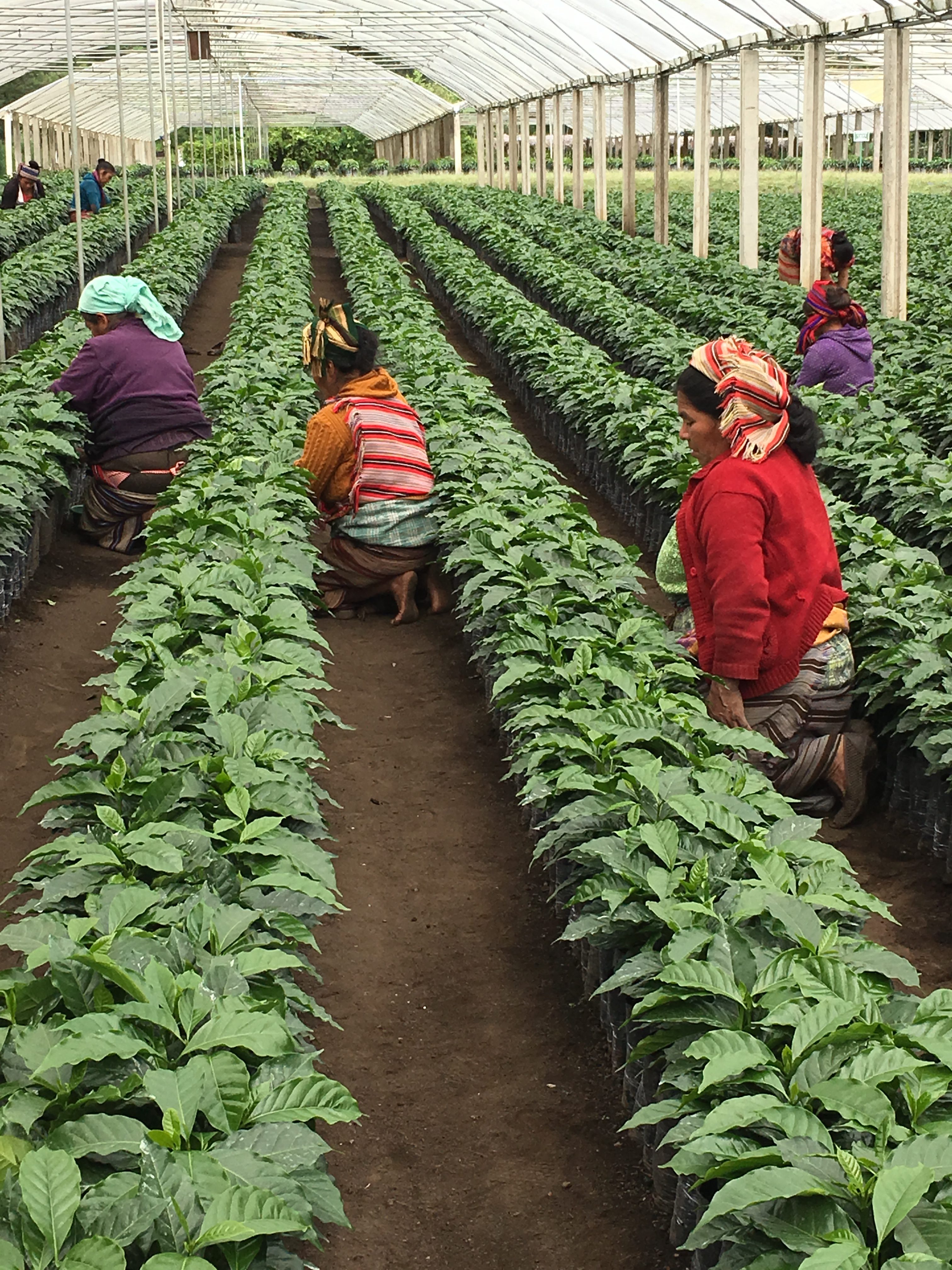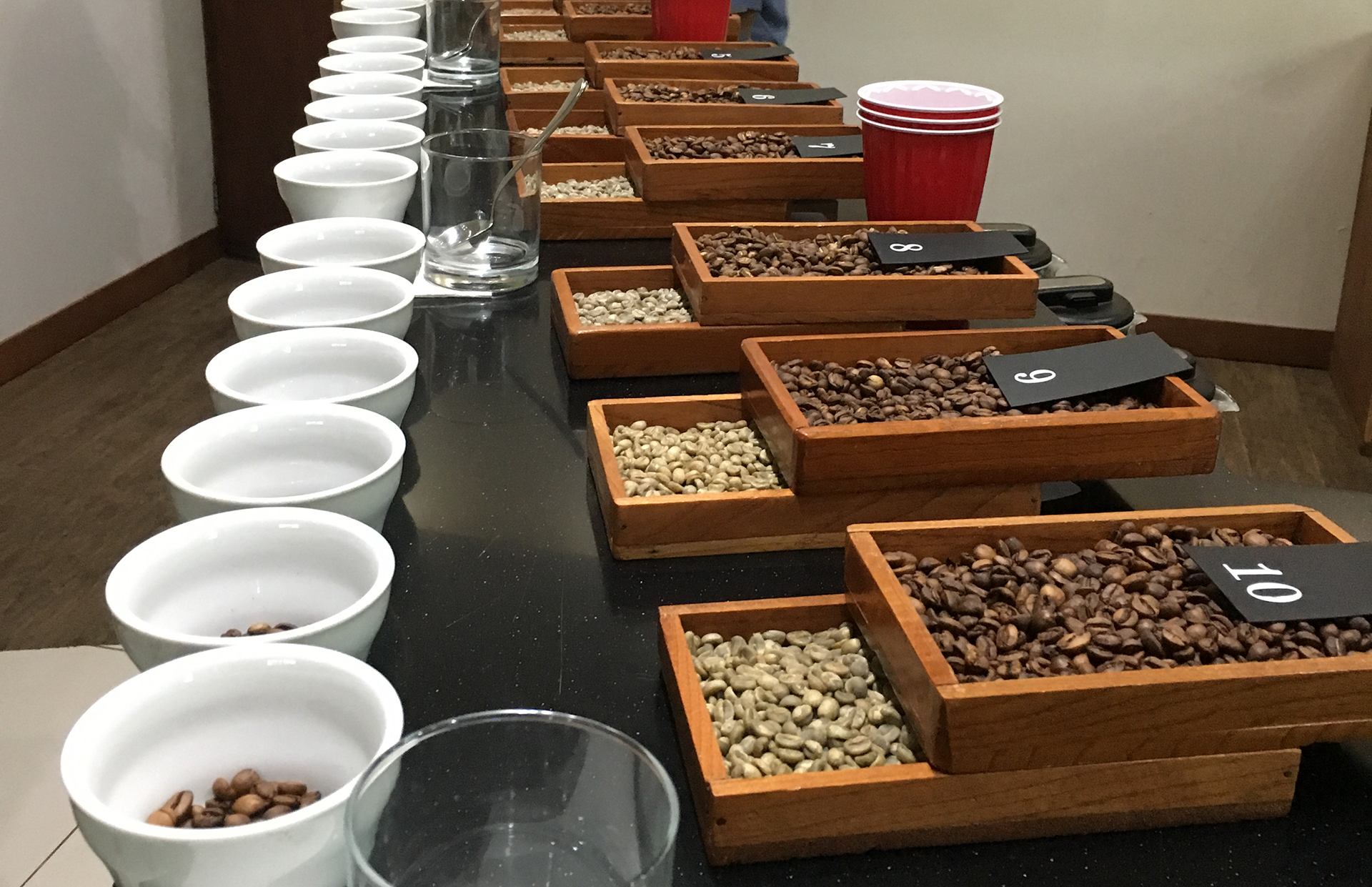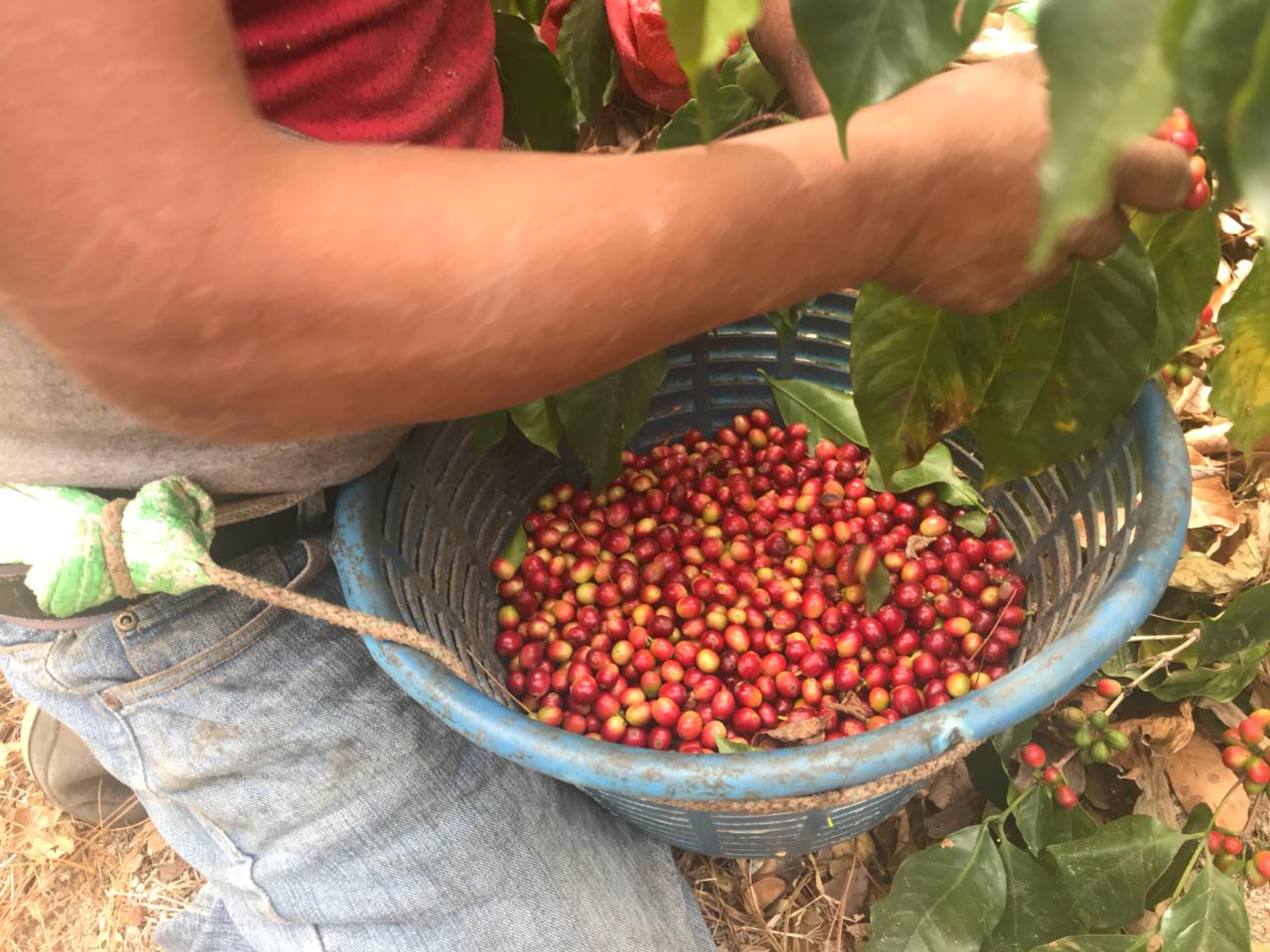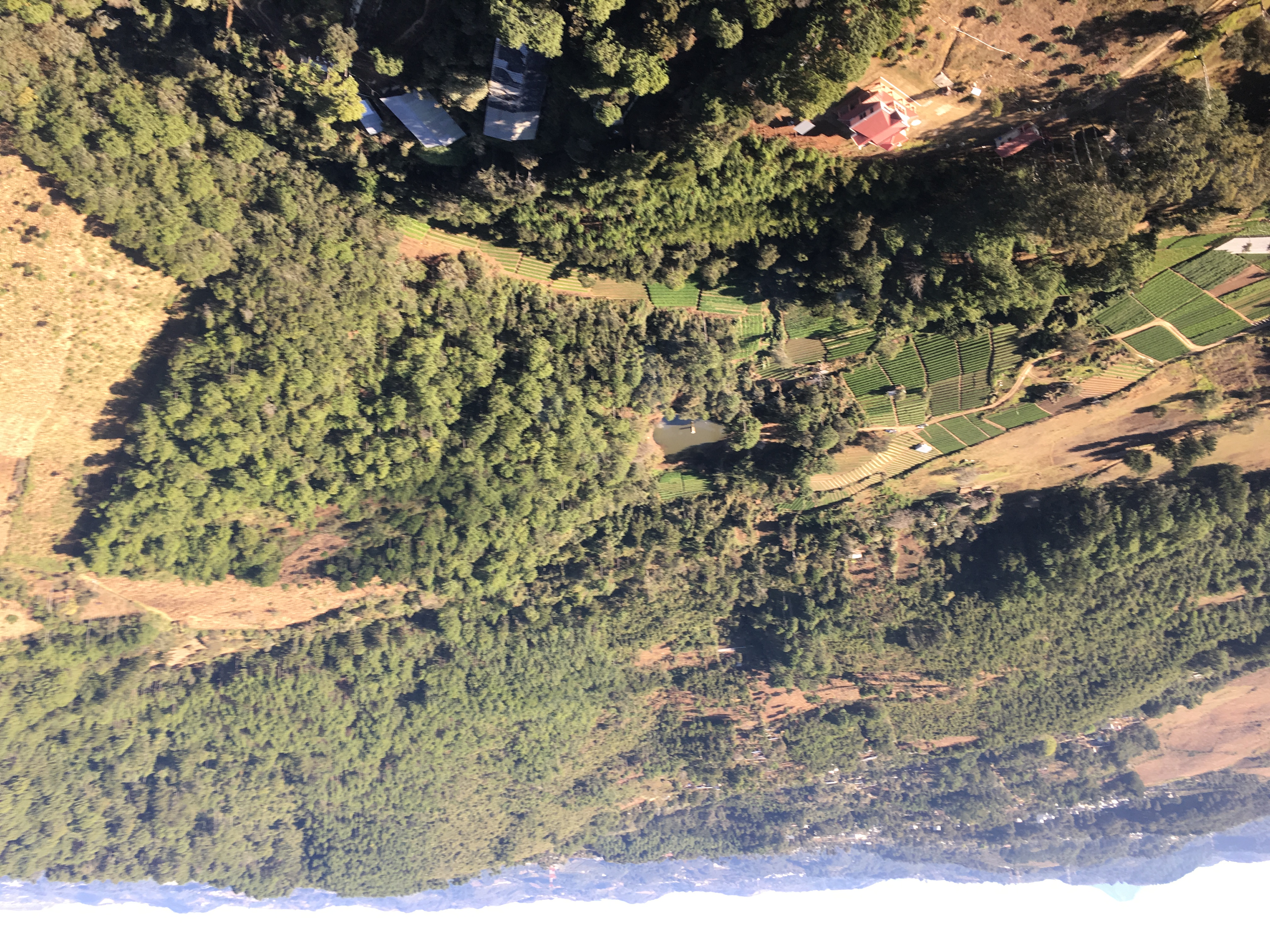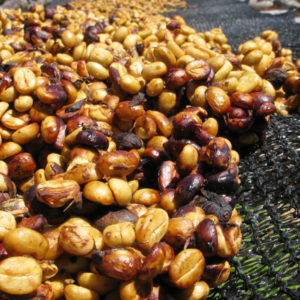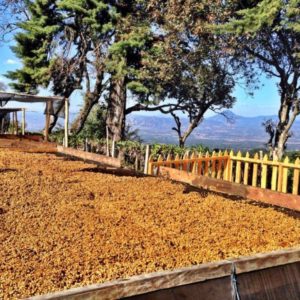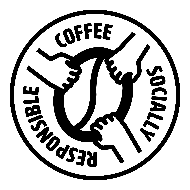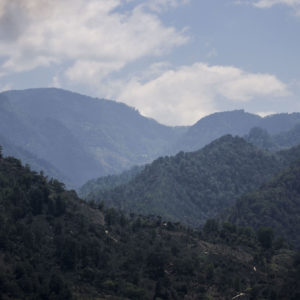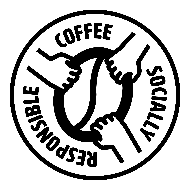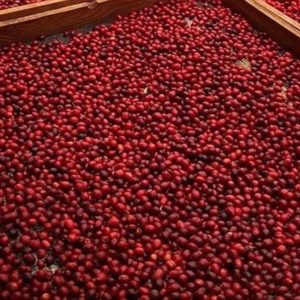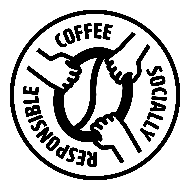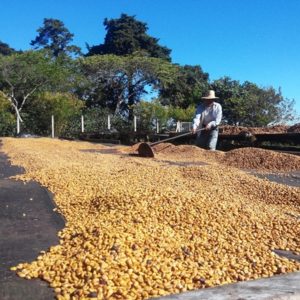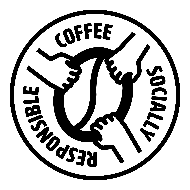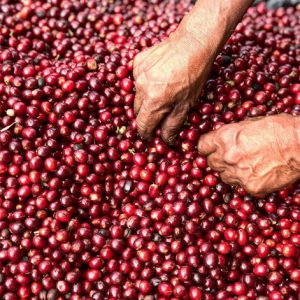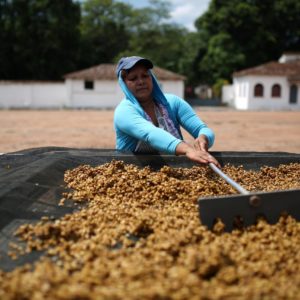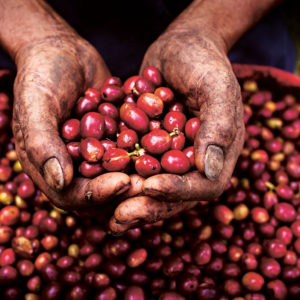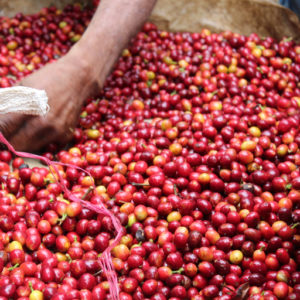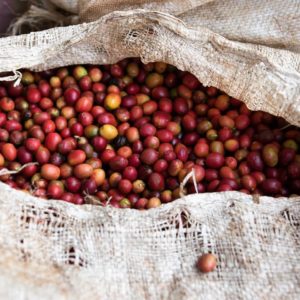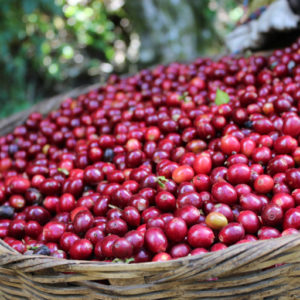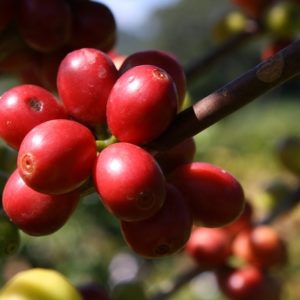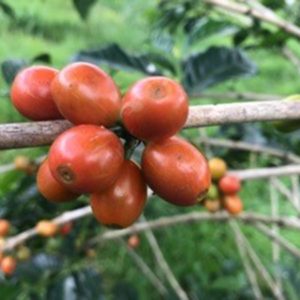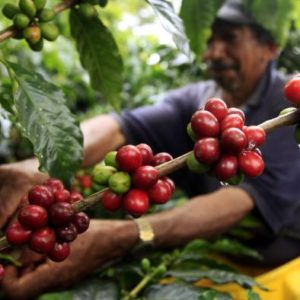Honduras White Honey SHG EP Special Preparation Finca Rio Colorado
Located in a valley in the cordillera de Celaque, western Honduras, this 46-hectares coffee plantation is bounded on its northern and southern sides by two rivers one of which, the Rio Colorado, names the finca itself.
The plantation host exclusively Arabica trees, whose majority is up to forty-years old and belongs to the early plantations when coffee was introduced in the country. Umami Area Honduras has mandated the DNA-Analytica lab in Trieste to carry-out genetic analysis for the DNA profiling of the botanical variety of the trees, planning to start a renovation and rejuvenation program, and the conversion of production to organic agriculture.
As the local communities have always lived in symbiosis with their territory, so this coffee estate does: Finca Rio Colorado emphasize the preservation of natural resources, the sustainability of its production process, the social responsibility for all the people involved in the production, and supports a re-forestation program aiming to preserve the local eco-system, the biodiversity and water river protection.
Finca Rio Colorado is involved in many social projects for the local community, such as the creation of a virtual library for children and young people, the development of policies and training courses on the child labor prevention, the creation of a youth soccer academy, the support to rural clinics for the financing of medical personnel and supplies, the creation of medical teams dedicated to the vaccinations in the most internal areas, and much more.


